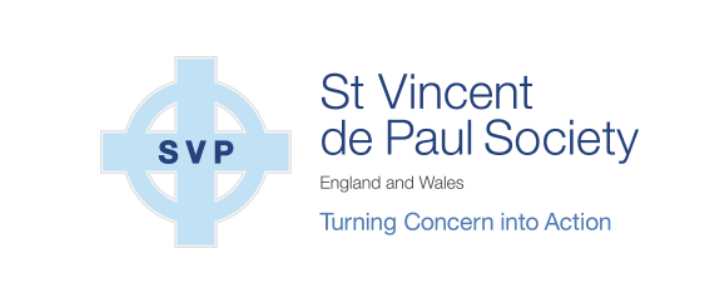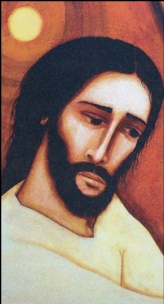SYNOD 2023 update
Webmaster • October 30, 2021
“I am writing in response to enquiries and to follow-up Bishop Richard's Pastoral Letter regarding Synod 2023.
The following are the strategies that we are developing:
1. There will be a dedicated page on the Diocesan website with information, links to the Pastoral Message and to the questionnaire, downloads, information on the webinar in February and eventually links to the pre and post Synod publications. This page will be up and running within the next two weeks, with information added as it becomes available.
2.. We are working on a participant booklet, dividing the ten areas of focus into three sessions, with space for notes and scripture to help give focus at the beginning of each session. Newly formed groups and existing groups may be encouraged to use the materials and you may consider asking someone to take the lead with this in your parish, to liaise with us, to organise groups and to submit the information. The booklet will contain tips for groups on how to facilitate their discussions.
3. A version of this booklet will be available to be completed online. This online portal will have the dual purpose of being the method of submitting a group response and an individual response.
4. The office will send out a quantity of the booklets, depending on the size of the parish, towards the end of November along with a suggested newsletter insert and an FAQ sheet. Additional copies will be able to be downloaded and printed locally.
5. We would like to have all the responses (submitted online) by the 6th of January. This will allow time to collate the responses and for Bishop Richard to review and produce the summary to share with the Diocese, via the webinar in February. Following this, the Diocesan submission is made to the Conference in March.
6. It would be wonderful to receive responses from as wide a section of the community and of diverse groups as possible, for example, we will be encouraging school chaplains to meet with groups of students and also to meet and discuss as a group themselves. It may be that comprehensive responses are not possible from everyone, for example, those at the periphery of our communities, but it would be good to at least capture their views on what concerns them, so that they can be incorporated into the final submission.
7. Finally, the team wish to reassure you that the information gathered in this process will not only be used for the synod, but also to discern the priorities of formation in the Diocese into the future, so there is a clear ongoing benefit to this process.
I will be back in touch in November with a further update, but please do not hesitate to contact me if you have any questions at this stage.
With best wishes,
Deacon Jon Harman
Formation and Spirituality Adviser”
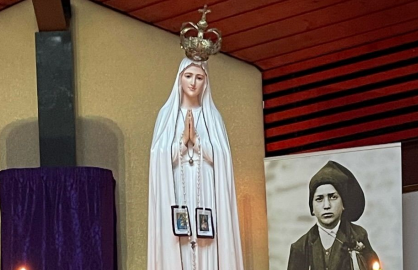
We are honoured to be the first parish in 2026 to host a visit of the National Pilgrim Virgin Statue of Our Lady of Fatima, along with the Relics of Saints Jacinta and Francisco. This is a wonderful opportunity to have an insight into Fatima. There will be mass, rosary, meditation, confessions, divine mercy, films and items to buy. 9.45am until 4.45pm (please bring a packed lunch; tea & coffee will be available). To learn more, email: patsydaniels@gmail.com , or see poster/flyers in the porch. If you are able to help on the day please speak to Fr Graham or email the office.
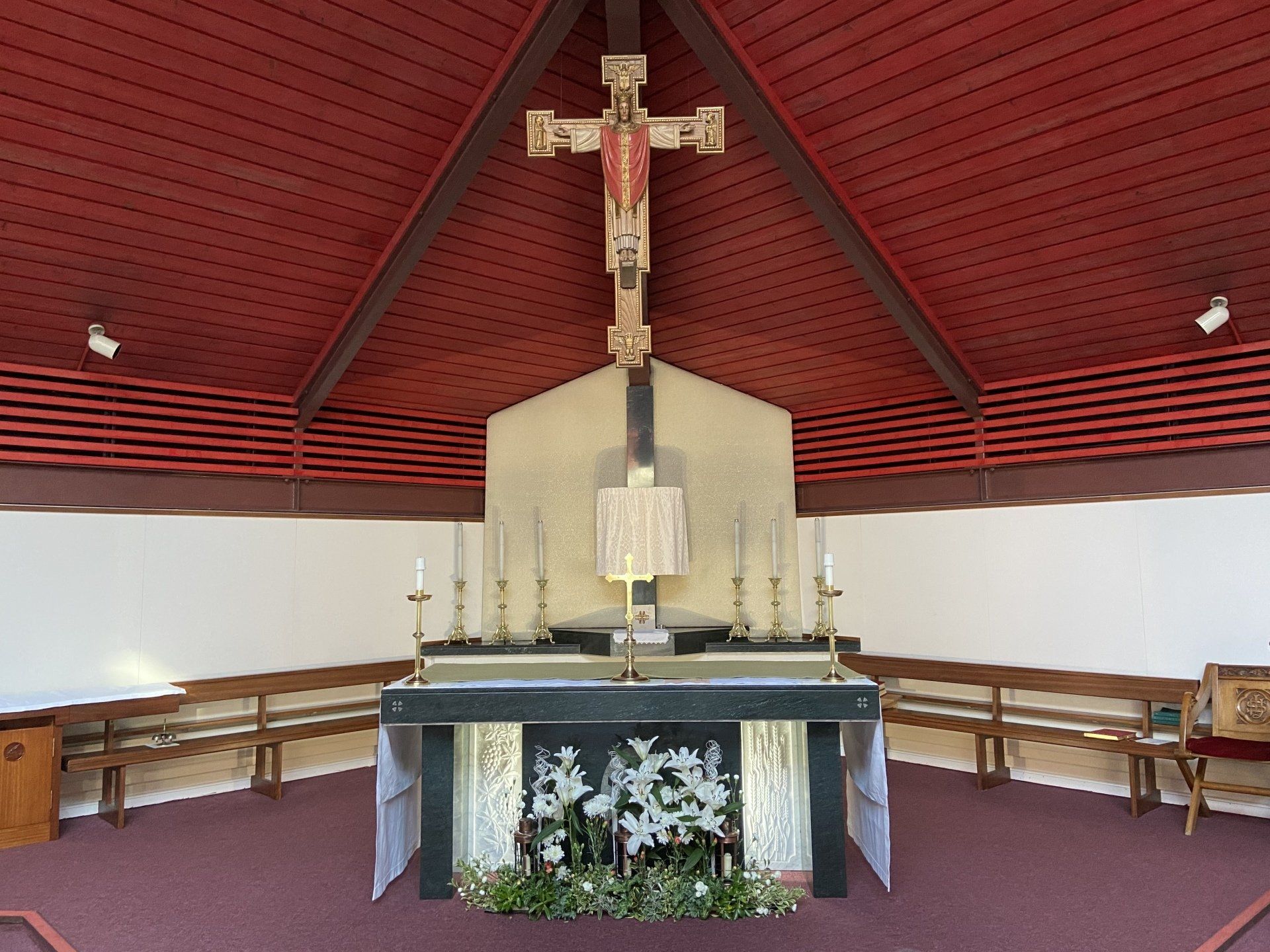
Throughout Lent, please bring your personal prayer intentions to our Prayer Boxes (both at St Peter’s and CTK). At St Peter’s, we already have the Prayer Tree, located in the Divine Mercy Chapel, which is regularly used by parishioners and visitors throughout the day. We have added a Prayer Box here, and one at CTK (next to the votive candles). You are warmly invited to write your personal prayer intentions on a small card and place them in the Prayer Box. If you are unable to get to church, you can email them to the office for inclusion, or via the contact form on our website. The names and intentions placed in the Prayer Boxes and on the Prayer Tree will be offered at the First Friday Mass, united to the Sacred Heart of Jesus. After this Mass, the Prayer Box will be refreshed for the following month. Please note that these prayer intentions will remain private. They will not be read aloud. The aim is to ensure that our intentions remain current and meaningful
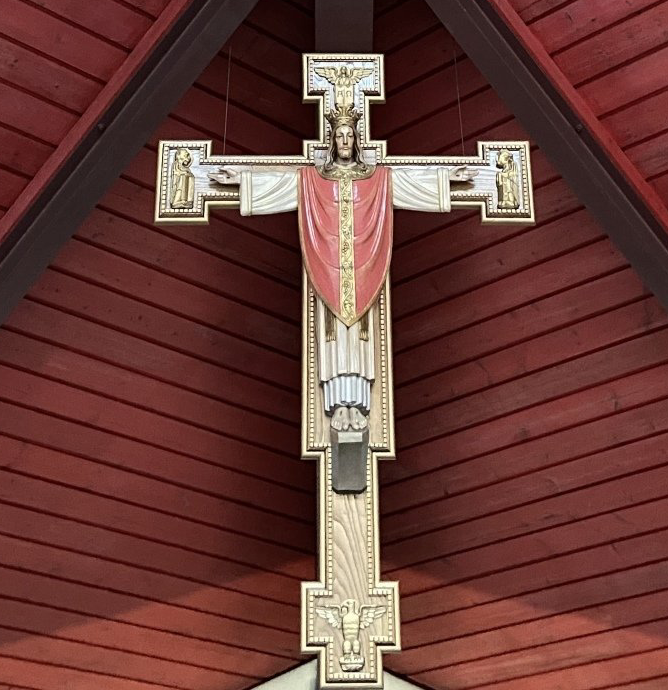
"Lent is the perfect time to work on our prayer lives!" Not my words but an invitation from another. Perfectly true though. The words are echoed by Pope Leo XIV in his Lenten Message for this year. Pope Leo goes on to reflect on the power of the words we speak, that can bring peace or harm: “I would like to invite you to a very practical and frequently unappreciated form of abstinence: that of refraining from words that offend and hurt our neighbour.” It is always tempting to retaliate when someone hurts us or provokes us. We know where the temptations come from! Jesus shows us how to respond. Not only by His answers to the devil in the wilderness but also by the way He accepts His passion and cross. Sometimes words, sometimes silence, never harmful. Jesus trusts in His Heavenly Father, the authority of the Word of God and primacy of the worship of God. Jesus knows that everything has been put into His hands. That He will undo the disobedience of Adam by His obedience to God's will. He knows that through His death and resurrection grace will always outdo sin and death. When we are tempted to say a word that might harm or hurt, remember the words that were thrown at Jesus as He carried His cross and the silence that absorbed them. Abstinence is about the love of God and His authority over our bodies and souls. It draws our attention away from self and to a deeper and real relationship with God and our neighbour - be them friend or stranger. With my daily prayer for you this Lent. May God bless you. Fr Graham
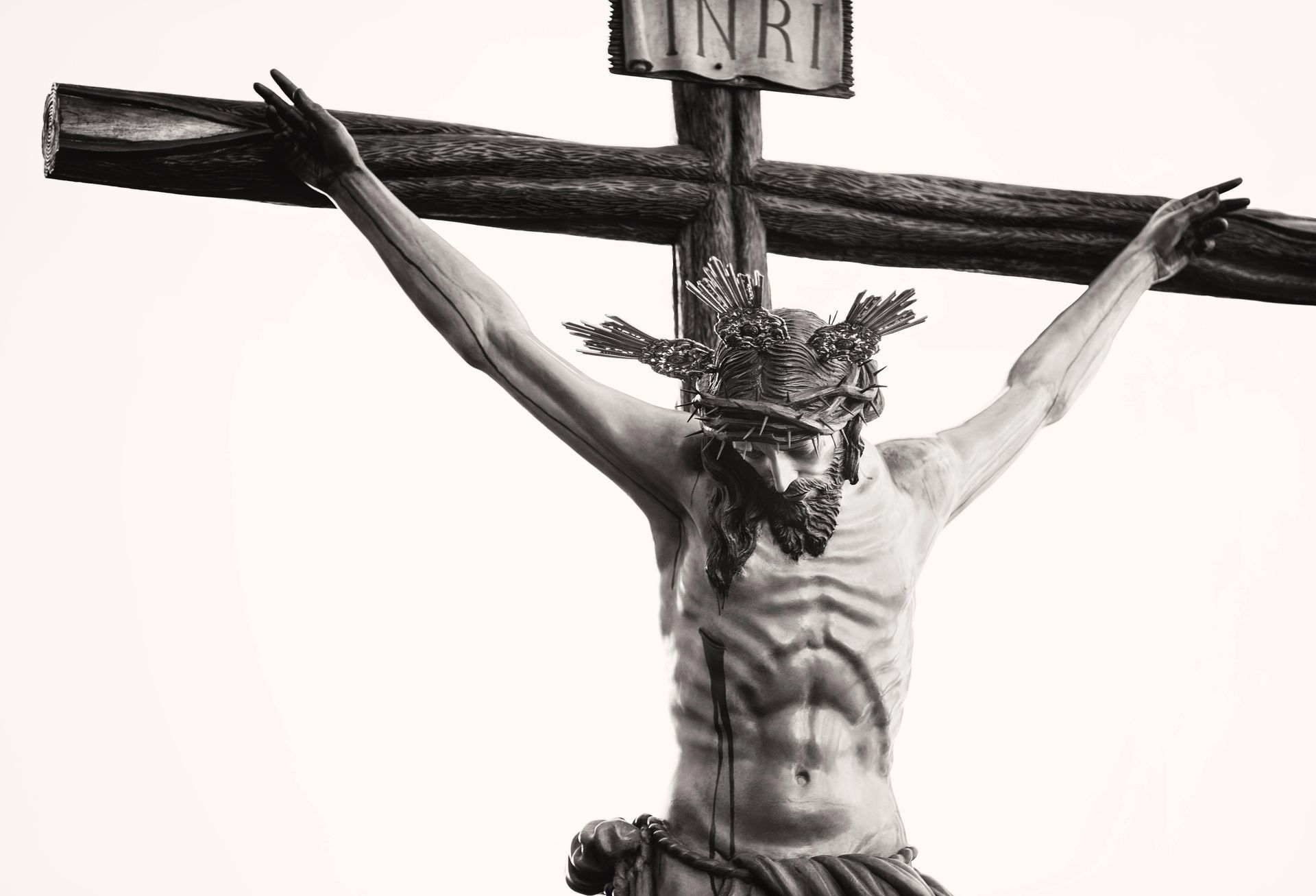
We have spoken about preparing for Lent. We will be reminded about prayer, fasting and alms giving on Ash Wednesday by Jesus in the Gospel for the day. Alms giving is often misunderstood. It is not just about giving to charity but about justice. To give to those in need is to give them their right to live, to eat, to drink, to have somewhere to sleep, to be without fear. It is also for ourselves. As we grow in spiritual discipline we know we need forgiveness from God and others. The practise of alms giving is an act of love and love cancels many a sin. Our Lenten Alms collections and donations will be distributed equally between our local SVP project at St Charles Borromeo and also Let the Children Live, a priest helping Columbian street children, see here . Collections throughout Lent.

The singer is a local man who has visited St Peter’s before as Elvis. He is exceptional and we can promise you a great evening. Refreshments will be available to purchase at the event. It will be a great night and if you like Elvis’ music you really will not be disappointed. Tickets are £12.00 each. If you are interested, please email Liz Matthews at the school – office@stpetersshoreham.co.uk and advise how many tickets you would like.

Adur Valley Catenians Quiz Night in aid of 'Safe in Sussex', a women's refuge from domestic abuse Saturday 28th February, 6.30 for 7.00pm , at The Towers Buffet Supper / Licenced Bar / Raffle / Prizes for the winners / Teams of 4-6 people / £12.50 per person / £8.50 under 18s. Tickets from: info@adurvalleycatenians.co.uk . Or call Adrian on 07976-913774.
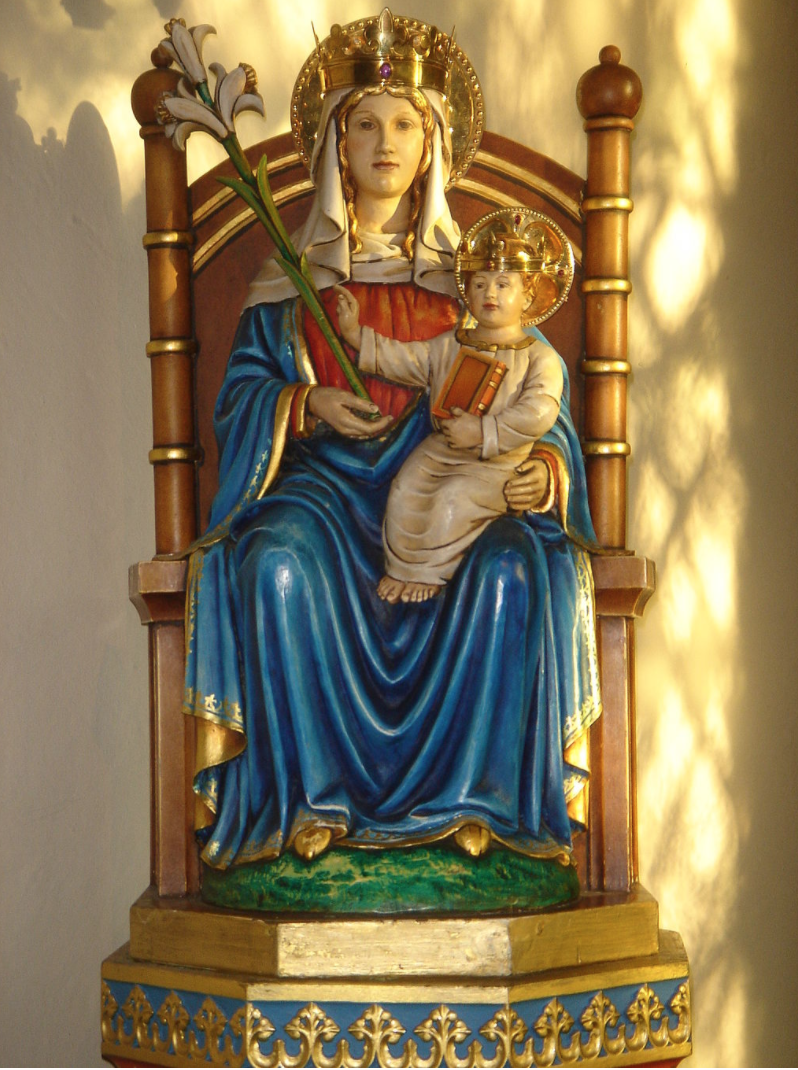
Tuesday 19th to Thursday 21st May 2026 . Full cost including meals and transport by coach will be £300. 25 rooms have been booked with a few spare ones to go. Friends from local parishes will be most welcome to join us. However, we must have definite names by Thursday 19th February at the latest. Please contact parish office for more information. 01903 785901.

